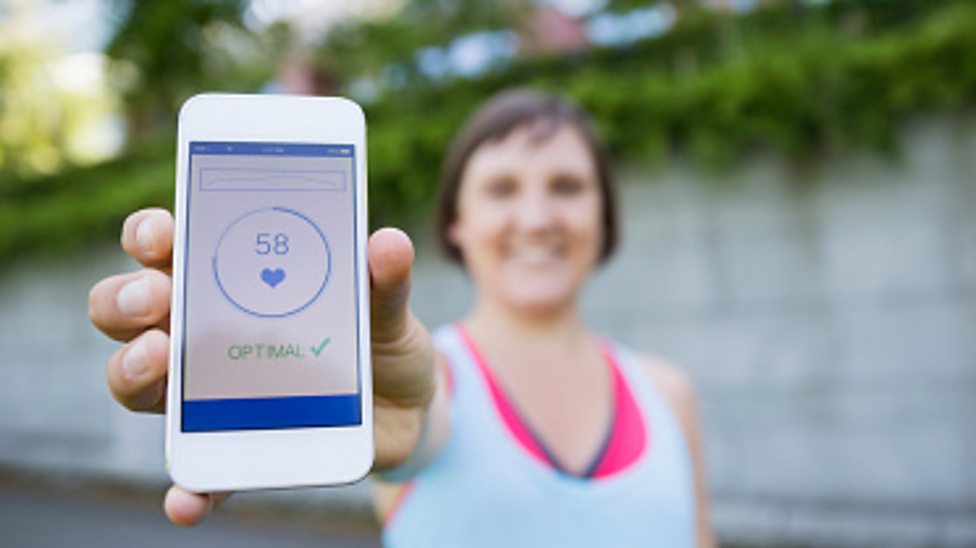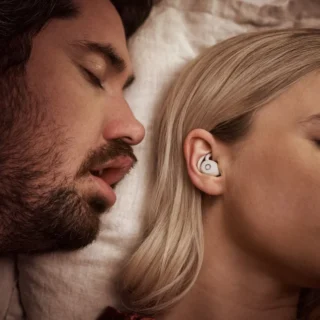Top Diet and Fitness Apps You Should Try

Finding the Best Diet App: A Tough Scroll Through Millions
Search for “diet” on the Google Play Store, and you’ll be met with over 1.6 million results. Sifting through that to find the perfect app? Not exactly a quick task.
Both tech companies and nutrition experts recognize the vast potential of digital tools in tackling obesity. With new health apps emerging daily, researchers have spent over a decade analyzing their effectiveness—though the findings remain mixed.
There’s certainly no lack of variety. Whether you follow a low-calorie, low-fat, low-carb, keto, vegan, or even military diet, there’s an app designed for you. Some feature barcode scanners, heart-rate monitors, and step counters, while others turn dieting into a game.
In one study, nutrition scientists developed a mobile game that simulates a supermarket, helping users resist temptation—think of it as a reverse Pac-Man where you avoid the sugar dots. After six weeks of daily use, participants who previously struggled with sugar cravings lost an average of 3.1% of their body weight.

Do Diet Apps Really Work?
Large-scale studies on diet apps generally paint a positive picture. A 2018 study published in Nature analyzed data from one of the best-selling apps over 18 months. Among nearly 36,000 users, 78% reported weight loss after using the app for an average of nine months. While results varied from minor to significant, the findings are promising.
However, diet apps are far from a magic solution. A 2017 U.S. survey of 1,600 people found that those who downloaded health apps were already in “good or excellent health.” This suggests that those who might benefit the most from these tools aren’t actually using them.
Interestingly, research shows that diet apps tend to be more effective for men and younger users. The Nature study also found that tracking food intake by converting it into calories didn’t necessarily lead to weight loss—good news for those who dread calorie counting.
Do Ratings and Popularity Matter?
High ratings and downloads don’t always mean an app is effective. A 2015 study in the American Journal of Medicine assessed 19 top-rated diet and fitness apps against scientifically backed behavioral change principles. The best apps met only 20% of the recommended criteria.
Unlike medications or medical treatments, diet apps don’t require approval from health authorities, meaning they lack standardized quality control. At worst, some apps may promote unhealthy eating habits, trigger guilt, or provide dangerous diet advice.
Choosing the Right App
Before downloading any diet app, it’s wise to research evidence-based weight-loss strategies. The NHS regularly updates reviews of popular diets, offering reliable guidance. And if you have any underlying health conditions, consulting a doctor before making dietary changes is always a smart move.

How to Choose the Right Diet App
With so many diet apps available, finding the right one can be tricky. Here’s what to look for to ensure long-term success:
1. Try Before You Commit
A poorly designed or buggy app can cause frustration and make you give up. Look for an app with a free trial and test it for three days before fully committing. It should be user-friendly, reliable, and easy to navigate.
2. Goal Setting & Progress Tracking
The best apps allow you to set personalized goals and track progress over time. Small, achievable milestones provide frequent wins and keep you motivated. Look for features like progress reports and weight tracking without the pressure of logging every single bite.
3. Focus on Nutrition & Exercise
A good app does more than count calories—it educates you about nutrition and encourages regular exercise. Research shows that the most successful users consistently log meals (without obsessing over calorie counts), track their workouts, and monitor their weight.
4. Social & Expert Support
Sharing your journey increases the chances of success. Apps with community features or expert consultations offer valuable encouragement. A social support area, whether forums or one-on-one coaching, can keep you accountable.
5. Personalized Experience
The app should cater to your fitness level, dietary needs, and even cultural food preferences. If it lacks information on the foods you eat, it may not be very useful. If you have underlying health conditions, choose an app that considers them in its recommendations.
6. Smart Reminders & Real-Time Feedback
A great app provides instant feedback when you log your meals, workouts, or progress. Timely reminders help you stay on track and maintain healthy habits.
7. Integration with Other Health Apps
For a seamless experience, pick an app that syncs with wearables or other health apps. Automatic tracking can make it easier to stay consistent without manual input.
8. Long-Term Usability Over Quick Fixes
Sustained progress is key. The best apps encourage gradual, lasting changes rather than extreme short-term diets. Avoid anything promising rapid weight loss—it’s likely unsustainable.
By choosing an app that fits your lifestyle, offers motivation, and simplifies tracking, you’ll be more likely to stick with it and achieve lasting results.


